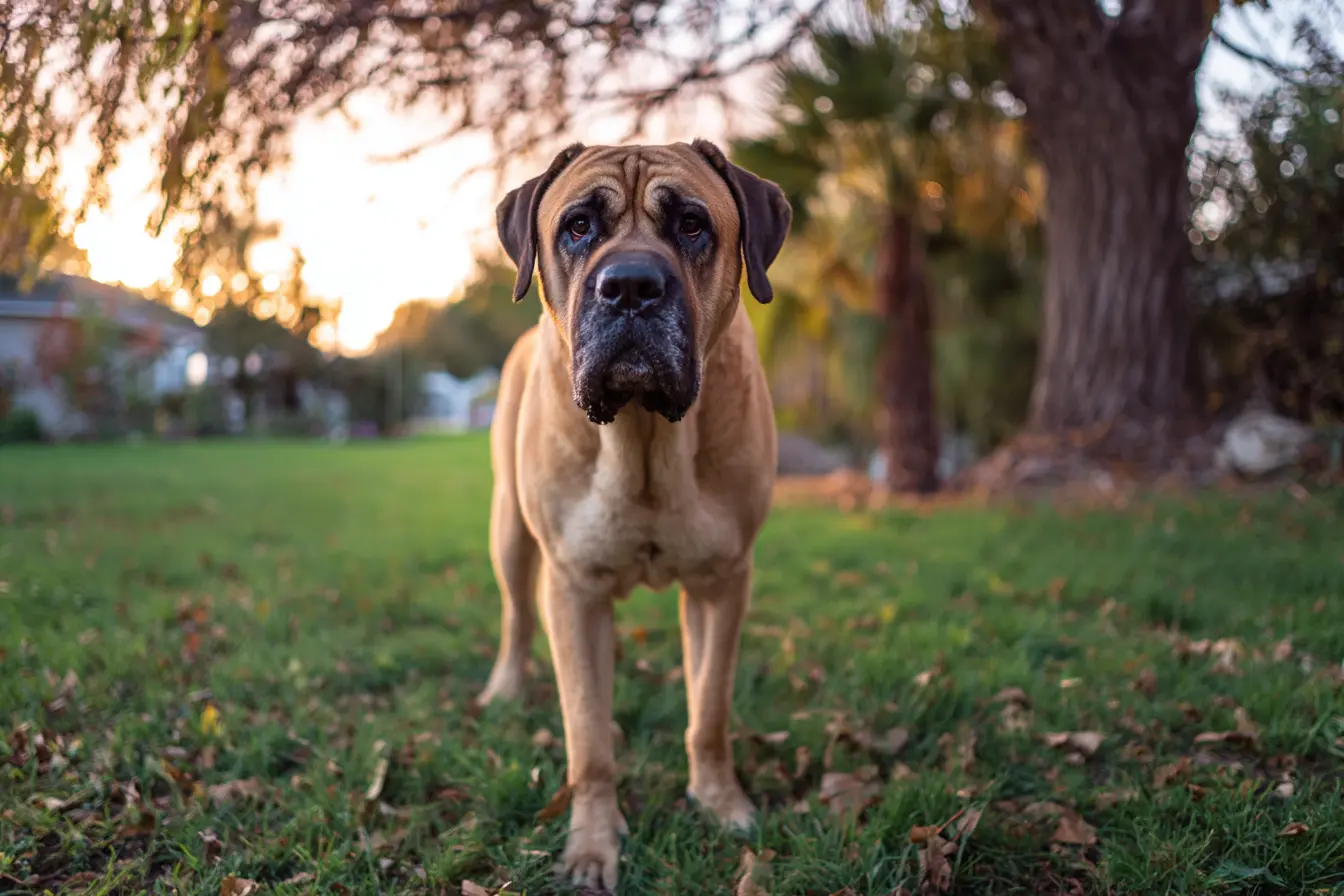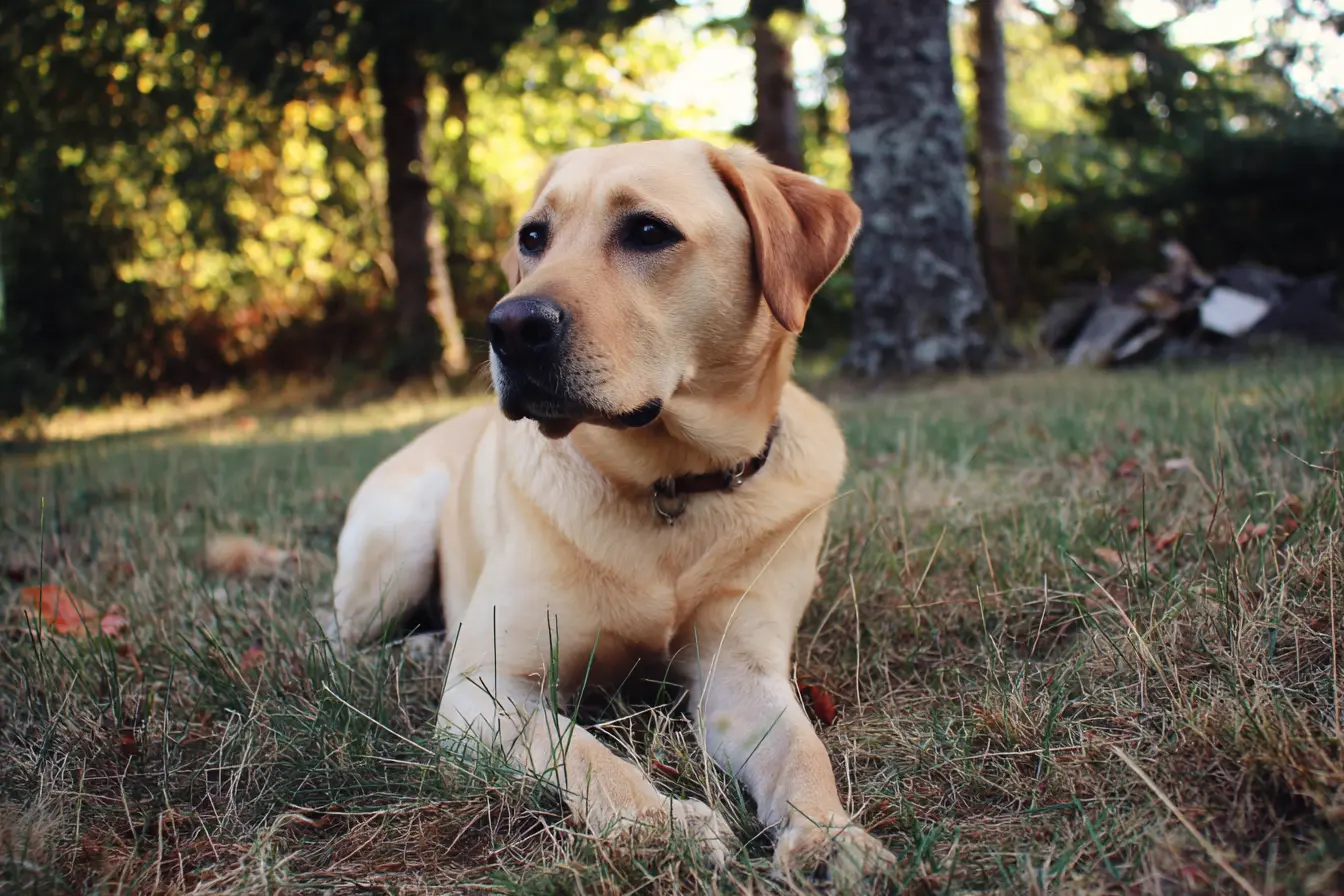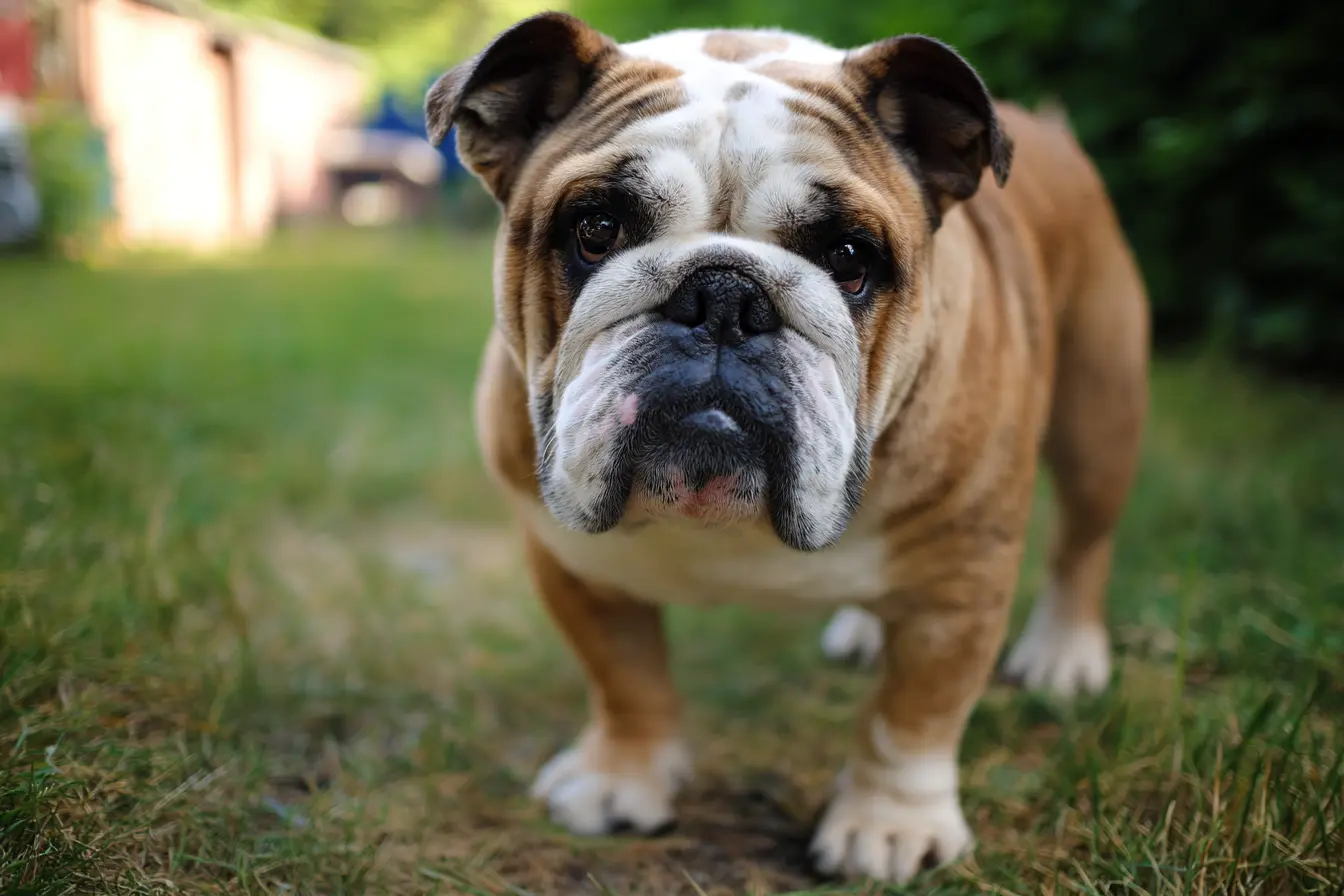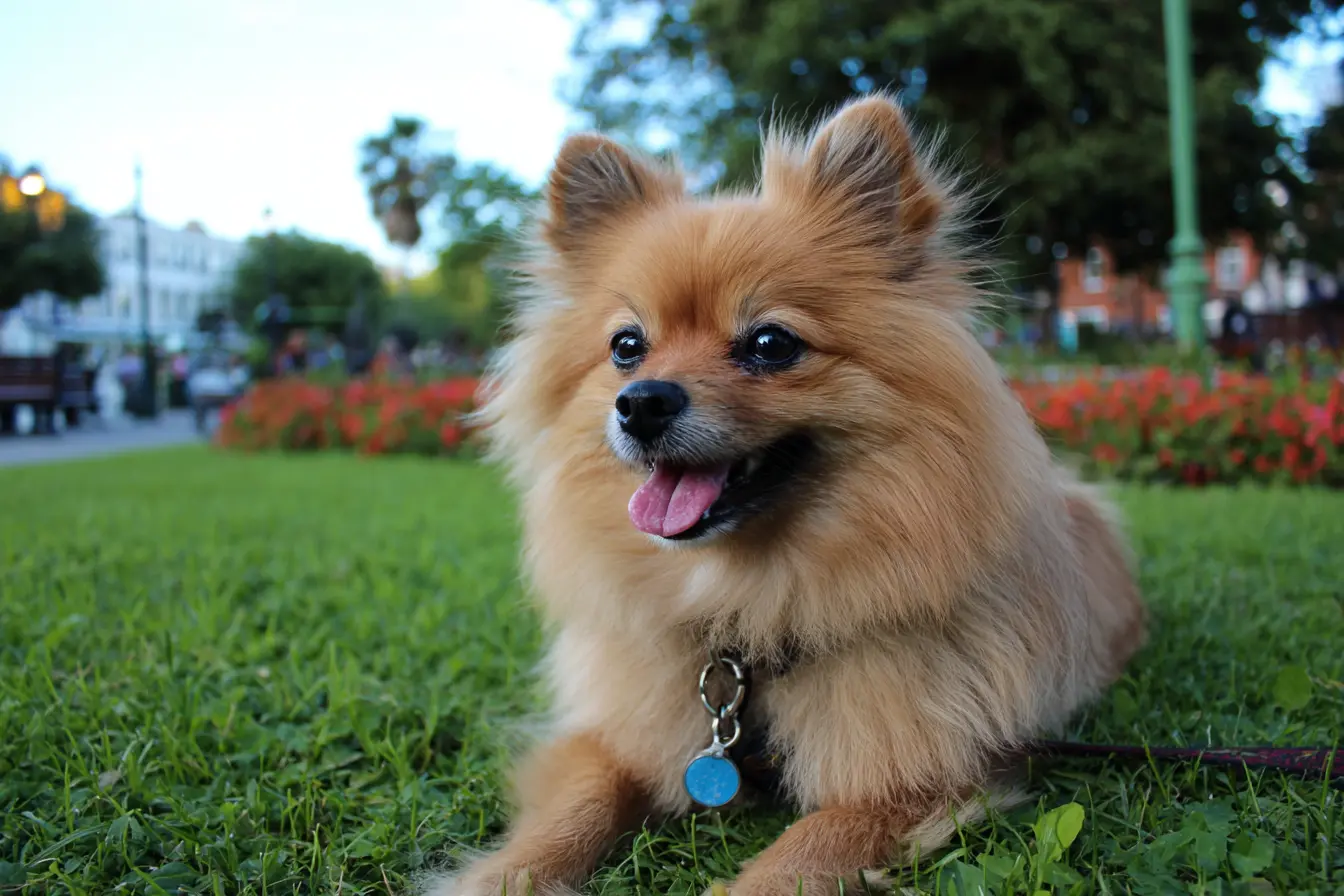
The Lhasa Apso: A Regal and Loyal Little Guardian
The Lhasa Apso, with its flowing coat, keen expression, and dignified presence, is a breed full of ancient heritage and spirited character. Originally bred in the monasteries of Tibet as sentinels and companions, these small yet resilient dogs possess a unique blend of independence, intelligence, and loyalty. If you are considering welcoming a Lhasa Apso into your home, understanding their history, temperament, and care needs is essential. This guide provides a comprehensive overview of this enchanting and noble breed.
Breed Overview
The Lhasa Apso belongs to the Utility Group and was revered in Tibetan culture for centuries as a sacred dog that brought good fortune and protection. Today, they are adored for their charming personalities, striking appearance, and steadfast devotion to their families.
Physical Characteristics
- Size: Lhasa Apsos typically stand 25–28 cm at the shoulder and weigh between 5 to 8 kg.
- Coat and Colour: They boast a luxurious, dense double coat that parts along the spine and flows down the sides. Coat colours include gold, cream, honey, slate, smoke, black, white, and various combinations.
- Lifespan: The average lifespan of a Lhasa Apso is impressively long, often around 12–15 years, with many living even longer.
Personality and Temperament
Lhasa Apsos are known for their dignified, confident, and intelligent nature. Though small, they are sturdy and possess a courageous spirit, reflecting their history as watchdogs in Tibetan monasteries.
They are affectionate and loyal towards their families but can be wary and reserved with strangers. This natural suspicion makes them excellent watchdogs, always ready to alert their owners to anything unusual.
While playful and affectionate with those they trust, Lhasas also enjoy their independence. They are not overly needy and often appreciate having their own space.
Lhasa Apsos are intelligent and quick learners but can be somewhat wilful. They do best with positive reinforcement training that is consistent yet respectful of their proud nature.
Exercise and Training
Lhasa Apsos require regular daily exercise to keep them healthy and happy. Short walks combined with indoor play are typically sufficient for this breed. Despite their glamorous appearance, they are surprisingly hardy and enjoy brisk walks and exploration.
Training should begin early, focusing on positive reinforcement and patience. Lhasas are independent thinkers and may sometimes question commands, so making training fun and rewarding is essential.
Socialisation is crucial to help them develop into well-rounded dogs who are confident and friendly in a variety of settings.
Mental stimulation through puzzle toys, trick training, or scent games is beneficial, as Lhasas enjoy using their sharp minds.
Health and Care
Lhasa Apsos are generally healthy dogs but can be prone to certain conditions, including:
- Hip Dysplasia: Though less common due to their size, it can occur.
- Patellar Luxation: A common issue in small breeds.
- Progressive Retinal Atrophy (PRA): A degenerative eye condition.
- Kidney Issues: Such as renal dysplasia in some lines.
- Skin and Eye Conditions: Regular grooming helps to prevent some of these issues.
Routine veterinary care, a balanced diet, and weight management are important for their wellbeing.
Their beautiful coat requires regular maintenance. Daily or near-daily brushing helps to prevent mats and tangles, especially if kept in full length. Many owners opt to keep their Lhasa’s coat trimmed in a "puppy cut" for easier upkeep.
Bathing every two to four weeks, regular ear cleaning, nail trimming, and dental care should also be part of the grooming routine.
Living with a Lhasa Apso
Lhasa Apsos adapt well to a variety of living environments, from flats to larger homes, provided they are given adequate exercise and companionship.
They enjoy being involved in family activities but also appreciate quiet time to themselves. They thrive in households that respect their independence while providing consistent structure and affection.
They are good with older children who understand how to interact respectfully with dogs but may not tolerate rough handling from younger children.
Secure gardens are ideal but not necessary, as Lhasas can happily live indoors provided they are walked daily.
Is the Lhasa Apso Right for You?
If you are looking for a small but sturdy companion who combines affection with a touch of independence, the Lhasa Apso could be a wonderful choice. They are well-suited to owners who appreciate a dog with character, dignity, and a strong sense of loyalty.
However, if you seek a dog that is highly obedient without much training effort or one that is highly outgoing with strangers, a Lhasa Apso might not be the best fit.
Conclusion
The Lhasa Apso is a breed rich in history, full of charm, intelligence, and loyalty. With their striking looks, spirited personalities, and loving nature, they bring warmth and quiet confidence into the lives of those lucky enough to know them. With the right training, care, and companionship, a Lhasa Apso will become a devoted and cherished member of your family for many happy years.
Vets near you
Speciality vets
- Aquatics vet specialists
- Birds vet specialists
- Camelids vet specialists
- Cats vet specialists
- Cattle vet specialists
- Deer vet specialists
- Dogs vet specialists
- Equines vet specialists
- Exotic vet specialists
- Goats vet specialists
- Pigs vet specialists
- Poultry vet specialists
- Sheep vet specialists
- Small Mammals vet specialists
- Wild vet specialists
Vet facilities
- Accessible by public transport
- Blood testing
- Car park nearby
- Client car park
- Dentistry
- Diagnostic imaging
- Disabled public access
- Flea and worm treatments
- Microchipping
- Mobile services
- Neutering
- Open at weekends
- Out-of-hours service
- Referral interests
- Referrals only
- Street parking outside
- Toilets available
- Vaccinations



